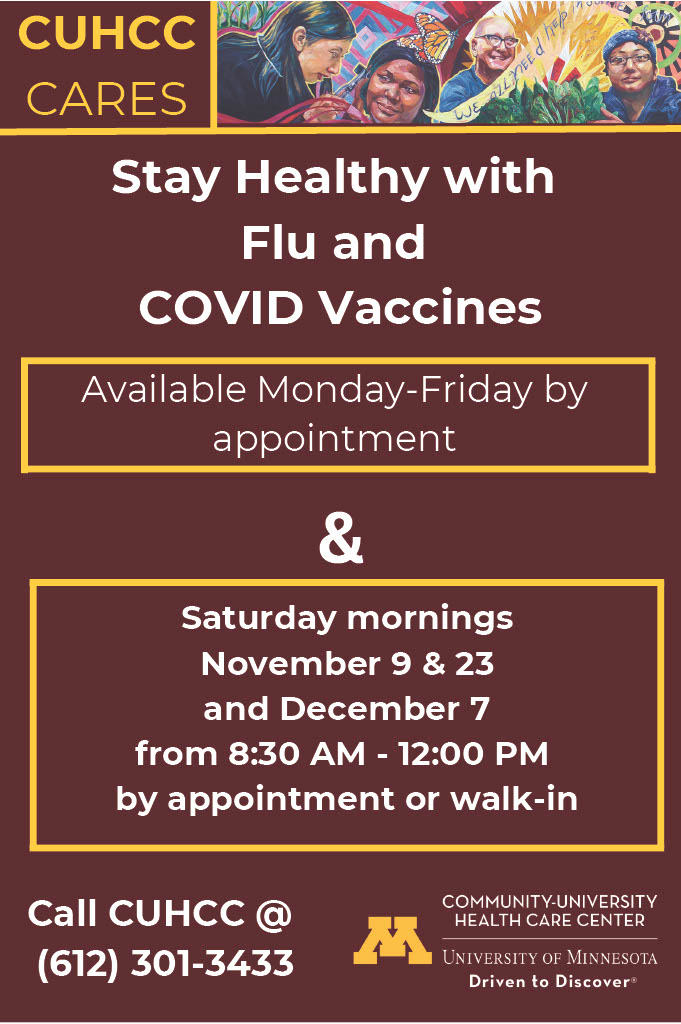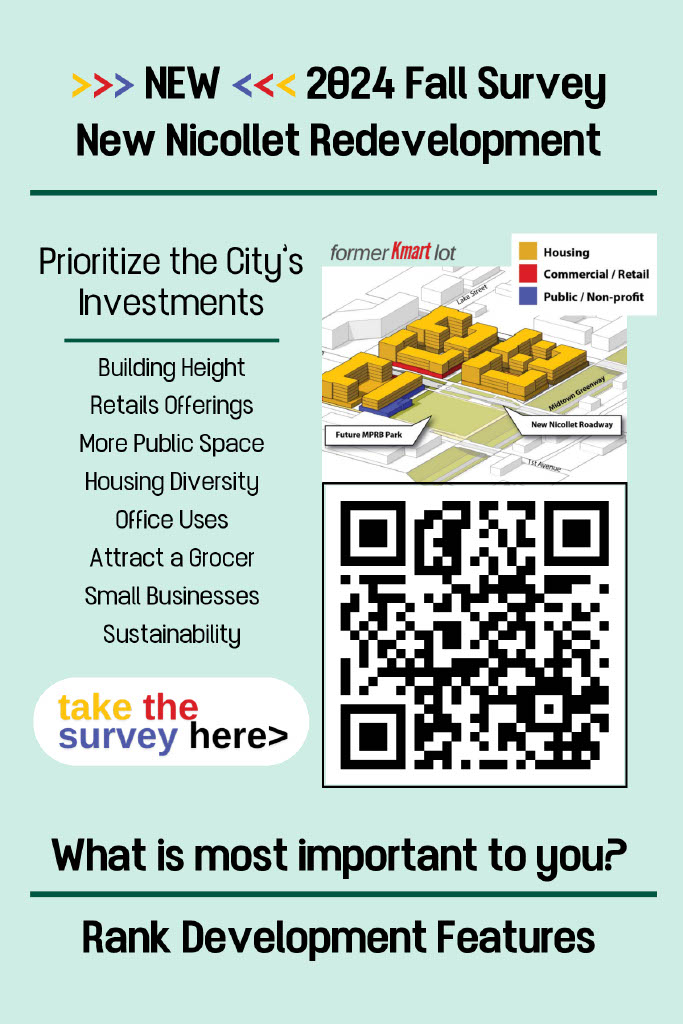Part 2 of 4
By ALENA DOBRIAKOVA, Community Journalist-In-Training
EDITOR’S NOTE – Due to the original length of the article and gravity of the topic being discussed, we have chosen to break the story up into smaller segments to publish through the next 5 months or so. You can read the earlier segment on the alley’s website.
War brings destruction, loss of loved ones, and cultural conflicts between people who were once like one family. In the context of the ongoing Russia-Ukraine War, the internal experiences of Russian-speaking immigrants have become more acute. These people are stuck between cultures, facing feelings of guilt, fear, and isolation.
I interviewed Russian and Ukrainian immigrants to explore how their lives have changed since the war began. The main focus of the interview is the consequences of the conflict in emotional, social and cultural senses including internal conflict of identity, attitudes toward the dynamics of the society in which we live at the moment, and how people cope with the complexities of war.
To protect the identities of the individuals I interviewed, I have chosen not to use their full names, ensuring their privacy while sharing their experiences. K left Ukraine before the war began, L is a Russian immigrant who came to the U.S. after the war started, G has lived in the U.S. since 2017 and is now a citizen but originally from Ukraine, and A was born in the U.S. but spent most of her life in Russia. Each of them offers a unique perspective on how the war has affected their lives and identities.
How has the war affected your perception of your identity as a Russian-speaking person?
L: The first year of the war I was embarrassed that I was Russian. Then it passed. And now I just identify myself as a person from Russia. Accordingly, I am Russian, but I do not associate myself with the decisions of the authorities or politics. Politics are separate, people are separate.
G: I wouldn’t say that the war has greatly affected my perception of identity. No, it didn’t affect me at all, I would say. I am who I am, and I think that no event in the world can change that. I will not lie to anyone or present myself as someone else for the sake of some kind of social approval.
A: You know, someone is constantly ashamed. I also have some kind of shame on the part of Ukrainians, although I did nothing. And the point is that they always raise this topic. I remember, I just talked to a guy, I knew him before the war, and we didn’t see each other in the summer. We met, he was from Mariupol. I asked, how was your summer? He said everything was fine. He said, how are you? I said I was in Kursk. I just mentioned the city of Kursk. He said Russia is over, Russia is over. And it was a couple of days later when the Crimean Bridge was blown up. I’m terribly offended. Because it’s the same people, they have the same roots, the same genes.
Have you experienced any changes in your relationships with family or friends because of your linguistic or cultural background?
K: In my family, we still speak Russian to each other. But at the same time, in an environment that speaks Ukrainian, we also speak Ukrainian. There is no problem with that. I know very well people who immediately have an aversion when they hear Russian or see Russian-speaking people. I can’t say that I strongly support contact with such people because, yes, there are conflicts.
L: There were probably no changes in relations with my family and friends. But I think that my Russian culture has personally strengthened. I began to read more about history. And in general, now I feel Russian in a good sense, as never before.
G: I wouldn’t say that the relationship with my family has changed… Yes, the war did affect my family, but the relationship between us is still as strong as it was before the war.
A: My family accepts me and supports me. All my friends are Russian-speaking or from Russia as well, so I don’t have issues with language.
Do you feel pressure or bias from others because you speak Russian?
K: In my case, I can’t say that I feel some kind of pressure in terms of language, because, again, at the moment in my environment, even those who are from Ukraine still speak Russian. And I repeat again, just with those who speak Ukrainian, I also switch to Ukrainian. There is no problem with that.
L: Do I feel biased? I feel biased only from Ukrainians, and not from everyone, from some radical or inadequate people.
G: Before the war, I met people who were very aggressive when they found out that I was from Ukraine. But I think that there are only a few people like that, especially here in America. And they mostly confess that they hate immigrants in general. I don’t think that something has changed much in terms of pressure or prejudice.
A: I don’t know. Americans don’t see the difference between Polish, Russian, Czech, German, and Ukrainian languages. I start to joke with my friend about Russia or Ukraine, and he starts to switch to Ukrainian. I understand him a little, but not very much.I don’t feel the pressure.
…Look forward to the next part of this article in the Feb. 2025 edition of the alley
Alena Dobriakova is an international student from Russia at St. Catherine University. She has been studying in the U.S. for six years, focusing on her career and academic growth. Alena’s research focus is on the cultural and social challenges of immigrants, including the impact of war on identity and issues of media justice.














